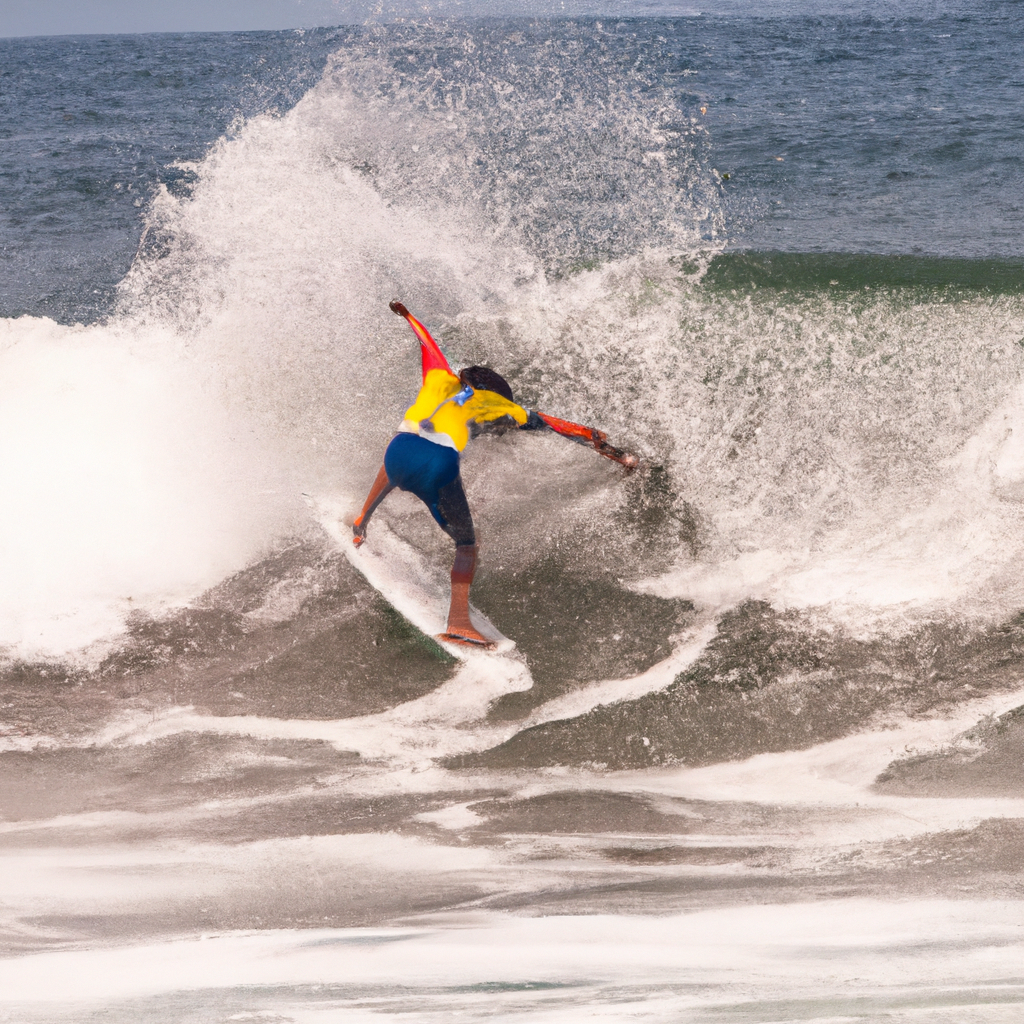Sailing the World: An Analysis of Local and International Nautical Events and Competitions

The passion for the sea and nautical sports has been a constant throughout the history of mankind, and today, this passion materializes in a multitude of nautical events and competitions both locally and internationally. These competitions, which range from sailing and rowing to surfing and kitesurfing, are not only a top-level sporting spectacle, but also a highly relevant economic and social engine. In this article, we will delve into the fascinating world of nautical events, exploring their main local and international events, analyzing their socioeconomic impact, and delving into the development and preparation for these events from both a local and global perspective. A journey that will allow us to understand the scope and relevance of these competitions and their significance beyond waves and wind.
- 1. "Description of the main local nautical events"
- 2. "High-level international competitions in water sports"
- 3. "Socioeconomic impact of nautical events and competitions"
- 4. "Development and preparation for nautical competitions: a local and international approach."
1. "Description of the main local nautical events"
Local boating events are often a vibrant mix of sport, culture and community camaraderie. One of the highlights is the Annual Sailing Regatta, which attracts boaters from across the state to compete in various categories, from cruising yachts to dinghy boats. Another popular event is the Rowing Festival, a competition that celebrates the art and skill of this ancient sport. The Local Canoe Races are also a great event that not only attracts competitors but also crowds of spectators, thanks to its exciting nature and picturesque setting. Last but not least, the Annual Sport Fishing Competition, held at the local harbor, attracts both experienced and novice anglers, all competing for the prize of the biggest fish of the day. These events not only offer exciting boating competitions, but also foster community involvement and a love of water sports.
2. "High-level international competitions in water sports"
Top-level international water sports competitions attract competitors from around the world and showcase extraordinary skills and abilities. Among the most renowned are the America's Cup, the world's oldest sailing regatta, and the Vendée Globe, a single-handed, non-stop, unassisted sailing race around the world. Other notable events include the World Surfing Championships, which bring together the world's best surfers, and the International Canoe Federation World Championships in canoe and kayak. These events not only generate great excitement and spectacle, but also drive development and innovation in water sports, while promoting awareness of ocean conservation and the importance of respecting the environment.
3. "Socioeconomic impact of nautical events and competitions"
Nautical events and competitions have a significant socio-economic impact both locally and internationally. Firstly, they generate a considerable amount of employment, both directly and indirectly, in fields such as boat building, hospitality, tourism, security, marketing, among others. In addition, tourism related to these events contributes greatly to the local economy, as visitors spend on accommodation, food, shopping and other services. At an international level, nautical competitions promote trade and cooperation between countries, and host cities often experience an increase in their global profile and tourist attractiveness. Finally, these activities also have a positive social impact, as they encourage participation and community cohesion, promote healthy lifestyles and contribute to the conservation of the environment and maritime heritage.
4. "Development and preparation for nautical competitions: a local and international approach."
Developing and preparing for sailing competitions requires both a local and international approach. At the local level, participants must be familiar with the specific conditions and characteristics of the waters in which they will compete. This knowledge allows competitors to adapt their skills and strategies to the particular challenges they may face, such as strong sea currents or frequent changes in the wind. At the international level, preparation involves a thorough understanding of the rules and regulations of sailing competitions, which may vary from country to country. Competitors must also be prepared to sail in a variety of weather and sea conditions, as international competitions are often held in geographically diverse locations. Success in sailing competitions therefore depends on both meticulous local preparation and a well-informed international perspective.
